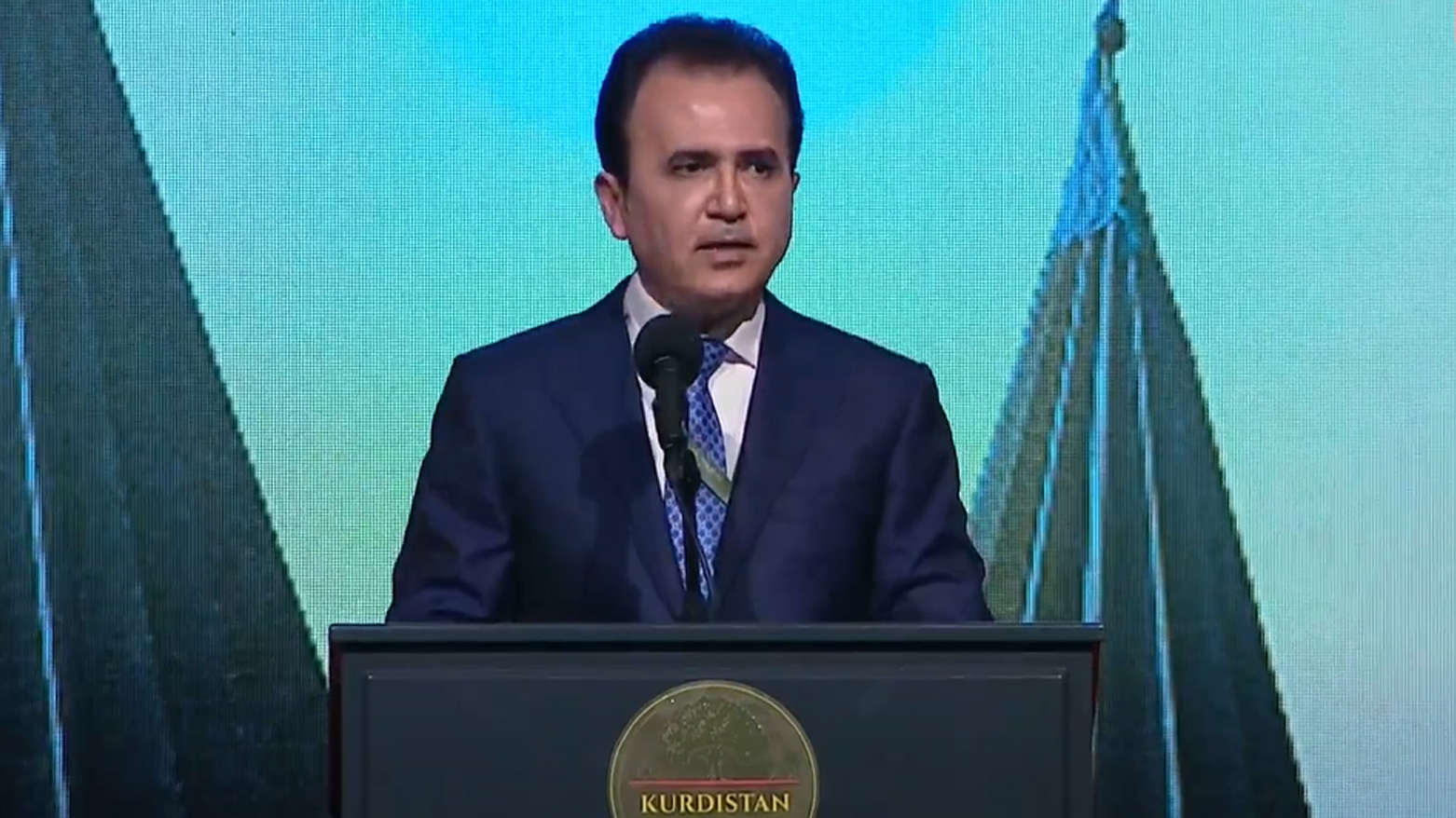KRG Religious Affairs Minister: Friday Sermons Promote Tolerance and Pluralism Across the Region
"Kurdistan region is not just a haven—it is a living example of what it means to embrace diversity,” Pishtiwan Sadq said,

By Ahora Qadi
ERBIL (Kurdistan 24) – Pishtiwan Sadq, Minister of Endowments and Religious Affairs in the Kurdistan Regional Government (KRG), affirmed on Wednesday that Kurdistan is home not only to mosques but also to over 200 churches and 400 sacred sites belonging to other faiths—underscoring the region’s model of religious plurality and harmony.
Delivering his remarks at the Kurdistan National Prayer Breakfast Day in Erbil, held under the theme “Toward Unity in Faith” and attended by President Masoud Barzani, Prime Minister Masrour Barzani, global dignitaries, and parliamentary delegates from Iraq, the Middle East, Europe, and the United States, Sadq underscored the pivotal role of religious discourse in shaping a culture of moderation and coexistence.
A legacy of peaceful faith and freedom
“The struggle of the Kurdish people has never been limited to national liberation,” Sadq said, “but has also been a fight for religious freedom and peaceful cohabitation.” He emphasized that Kurdistan has long been recognized internationally for its inclusive religious policies and is regularly invited to global forums on interfaith dialogue.
Friday sermons as platforms of unity
Sadq noted that nearly one million people attend Friday prayers across the region, where sermons consistently reflect moderate and inclusive messaging. This, he said, has played a central role in reinforcing values of tolerance and respect among diverse communities.
“The American Consul General in Erbil recently praised this moderation,” he added, highlighting the positive international perception of Kurdistan’s approach to faith and public dialogue.
A mosaic of belief
With more than 14 Christian denominations represented, and with the city of Ankawa standing as one of the largest Christian population centers in the Middle East, Kurdistan has distinguished itself as a rare sanctuary for persecuted religious communities.
“This region is not just a haven—it is a living example of what it means to embrace diversity,” Sadq said, adding that the inclusion of high-profile religious leaders in the Prayer Breakfast further enhances opportunities for future global interfaith initiatives.
A ministry shaped by values
In closing, the minister reflected on the very name of his institution—The Ministry of Endowments and Religious Affairs—as a symbolic and functional expression of the KRG’s commitment to respecting all religions and promoting pluralistic values.
“This name is no coincidence,” Sadq stated. “It embodies our policy, our history, and our future: one built on mutual respect, peaceful co-existence, and the recognition of faith as a cornerstone of human dignity.”
The Kurdistan National Prayer Breakfast Day marks a turning point in how the Kurdistan Region continues to position itself—not only as a regional actor in political stability but as a global voice for religious freedom and harmonious diversity.